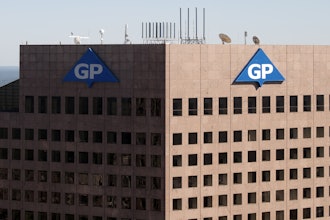The opioid epidemic in America is, by all accounts, out of control. According to the National Institute on Drug Abuse, more than 115 people in the United States die every single day after overdosing on opioids.
The strain on local and state entities – like police and emergency services – has resulted in many municipalities trying to push for more regulations. A handful of states have even sued major pharmaceutical manufacturers for what they consider a key role in the addiction problems facing their residents.
But this time the manufacturers of addictive opioids aren’t the ones in the crosshairs – it’s actually those pharmaceutical companies peddling treatments that are antidotes to overdoses.
The city of Baltimore, along with a consumer group, has submitted a request to the Trump administration, asking the feds to override the patents on two lifesaving treatments in an attempt to lower the price and increase availability. Kaleo Inc.’s injectible – Evzio – and Narcan, the nasal spray manufactured by Adapt Pharma rely on naxalone to block the effects of opioids and prevent deaths in people experiencing overdoses of drugs like heroin and fentanyl.
The U.S. Surgeon General has recommended that users carry doses of naxalone on their person, but this has proven to be unrealistic based on cost and availability of these treatments. And while Narcan has kept its price fairly steady at about $150 a dose, Evzio’s maker raised the price on a 2-pack from $690 to $4,500 in 2017.
Both companies are protected under patents for most of the next two decades, but cities like Baltimore say, at the current pricing, they’d need to double their million-dollar budget to account for enough doses for every city resident with an opioid problem.
According to Bloomberg, “the U.S. government has authority to make or buy a patented invention without the permission of the patent holder, in exchange for reasonable compensation.”
Not only that, but there’s a precedent to this, and it worked. In 2001 when five people were killed by anthrax attacks, then-president George W. Bush leaned on Bayer, the manufacturer of anthrax treatment drug Cipro, threatening to override their patent. Bayer subsequently cut the price of Cipro in half and said at the time that it would still make a profit.






















